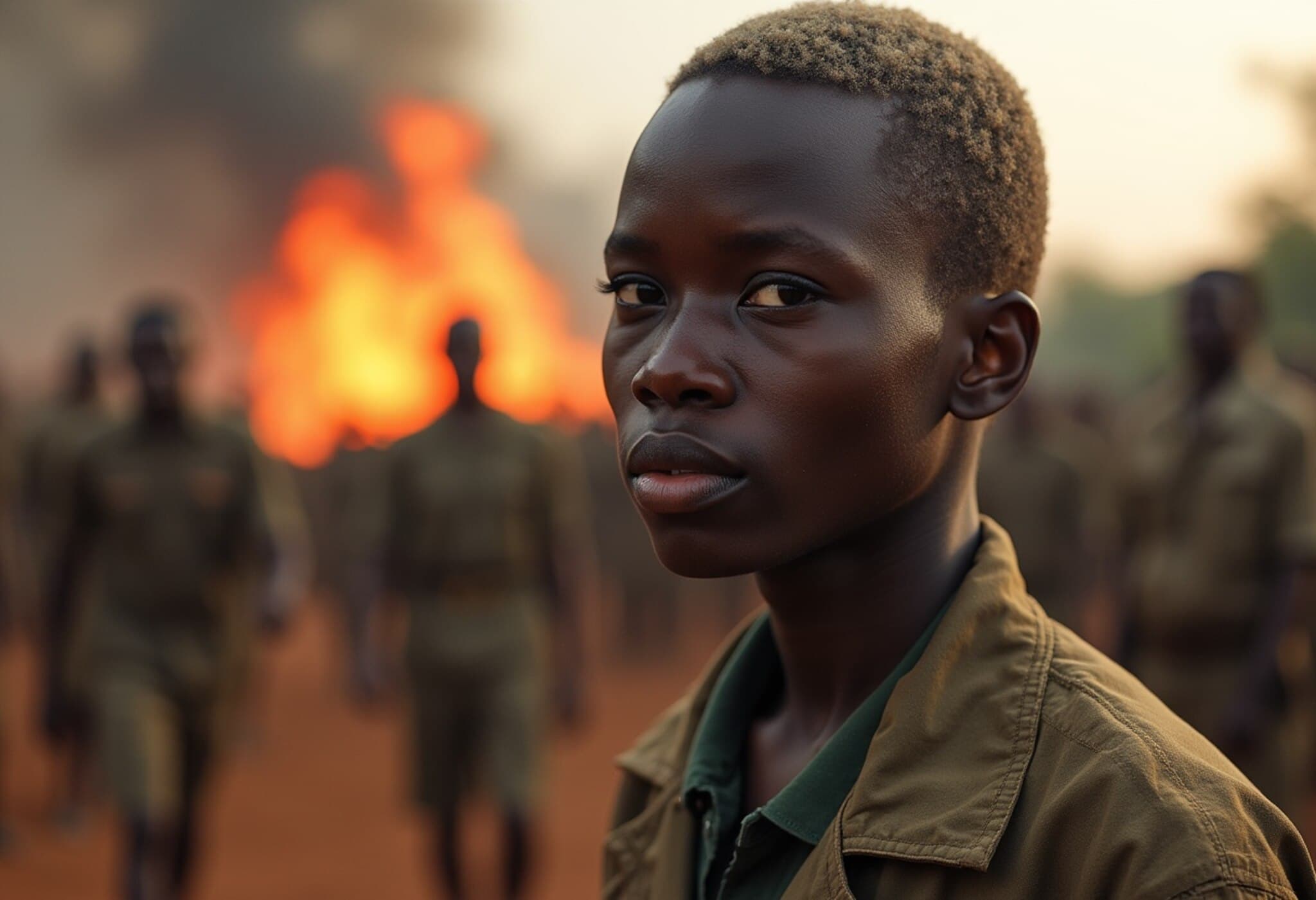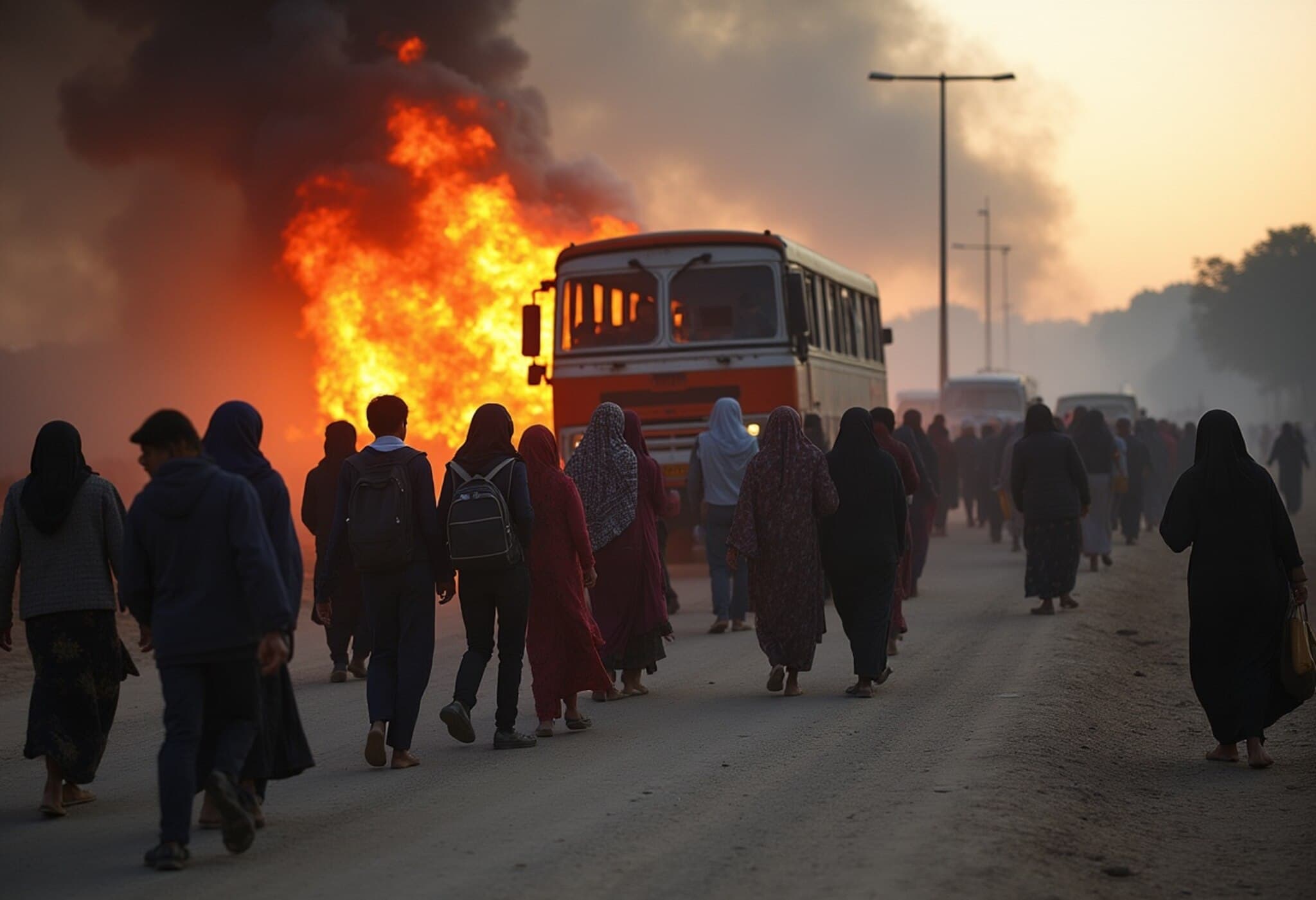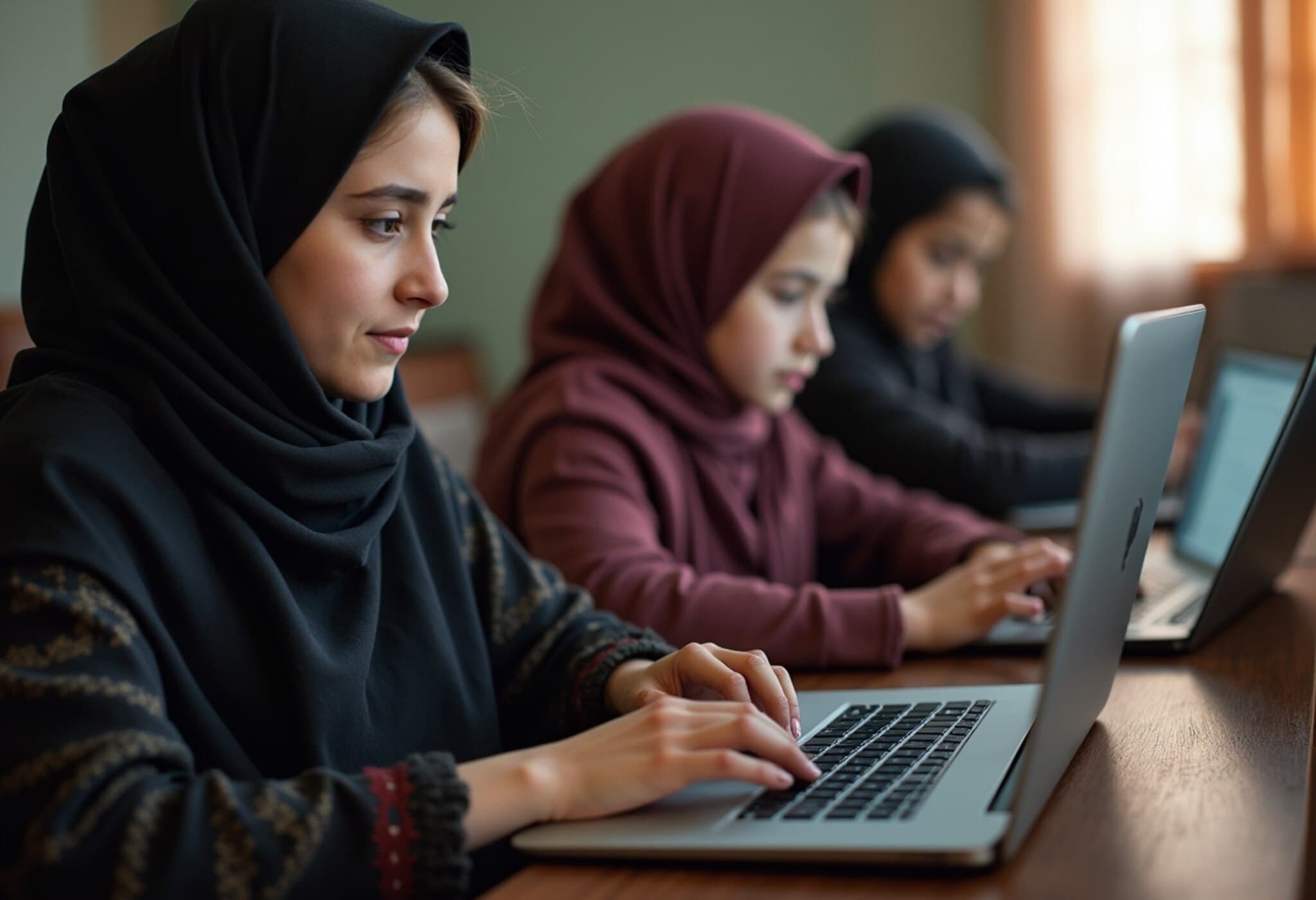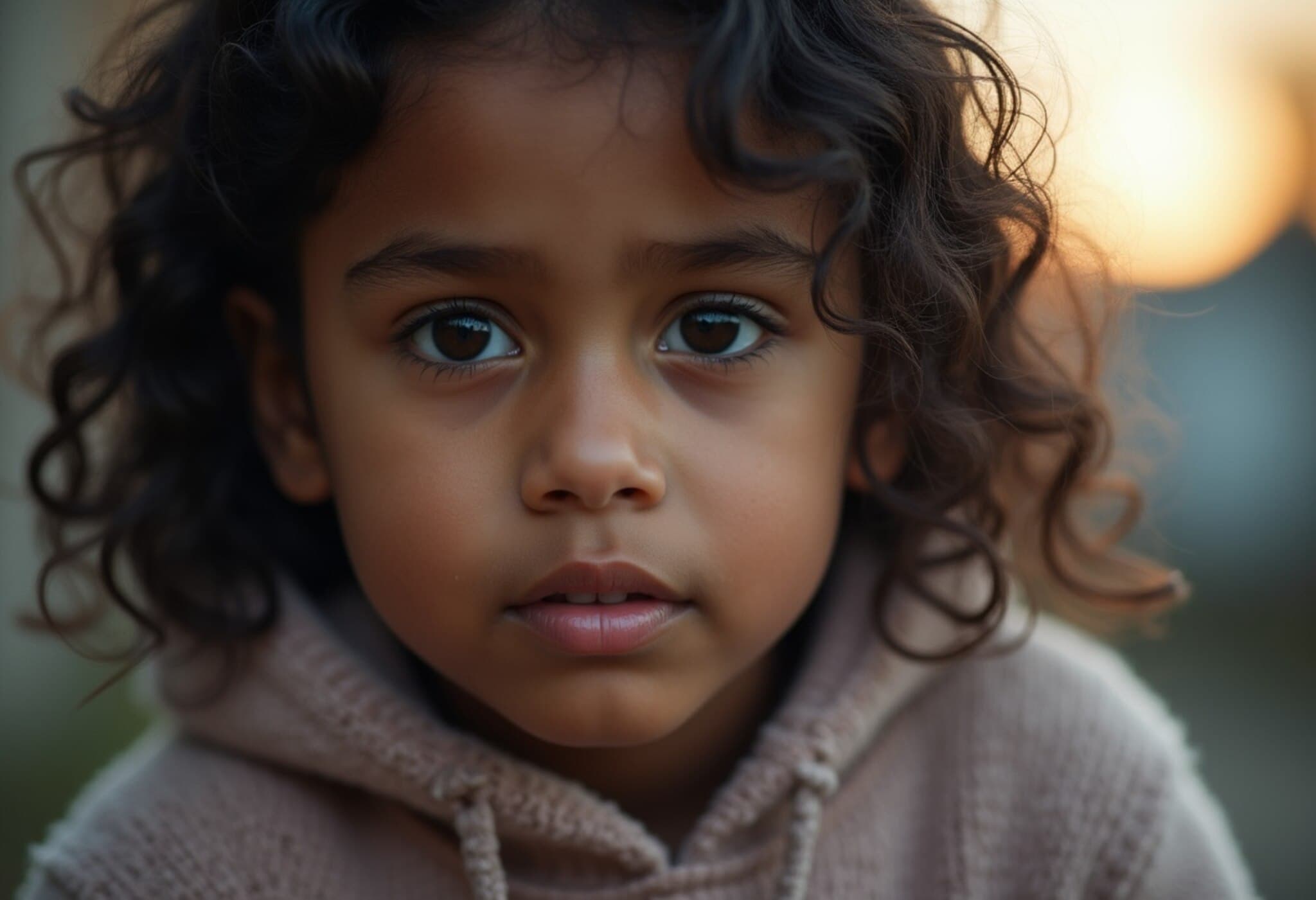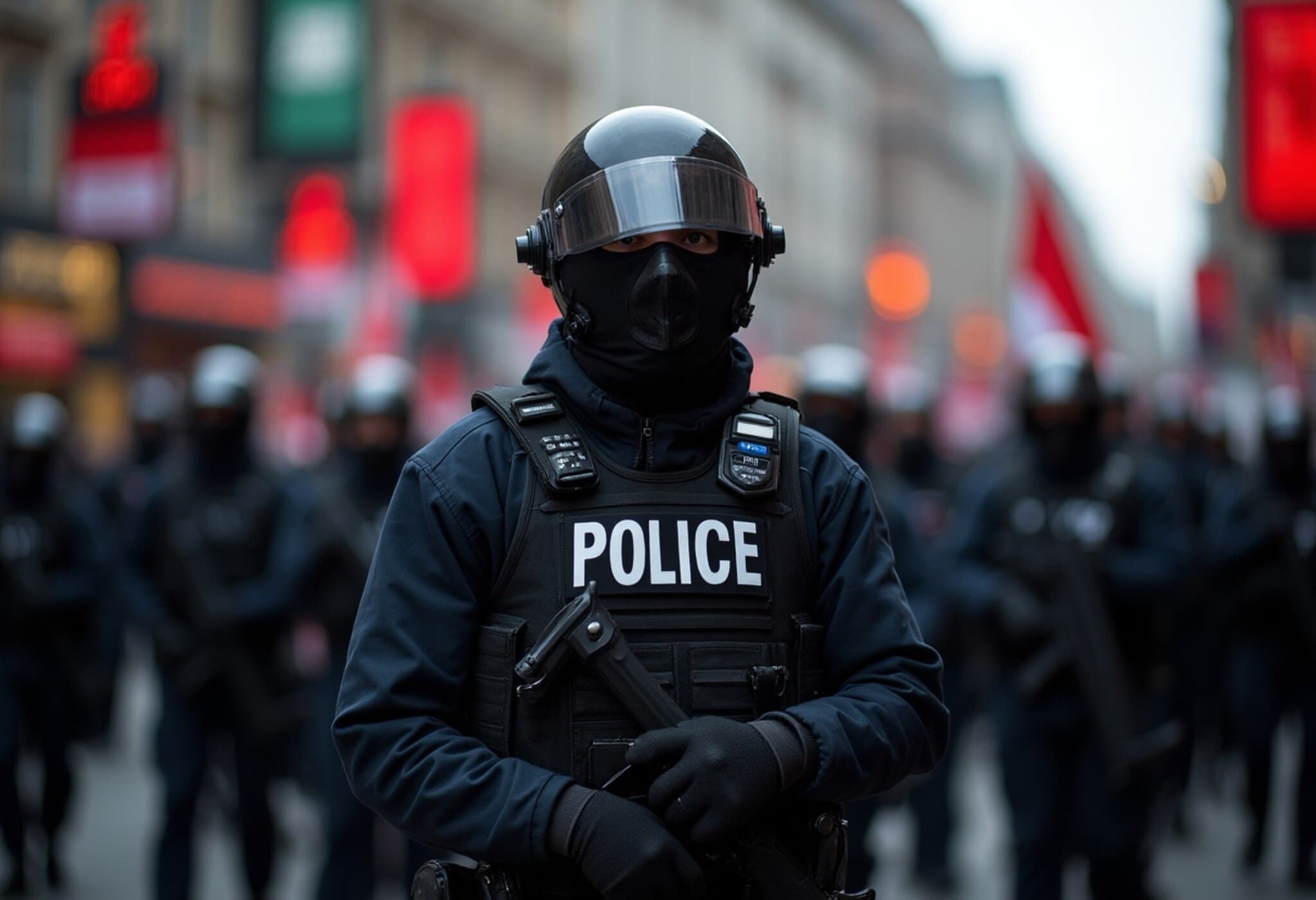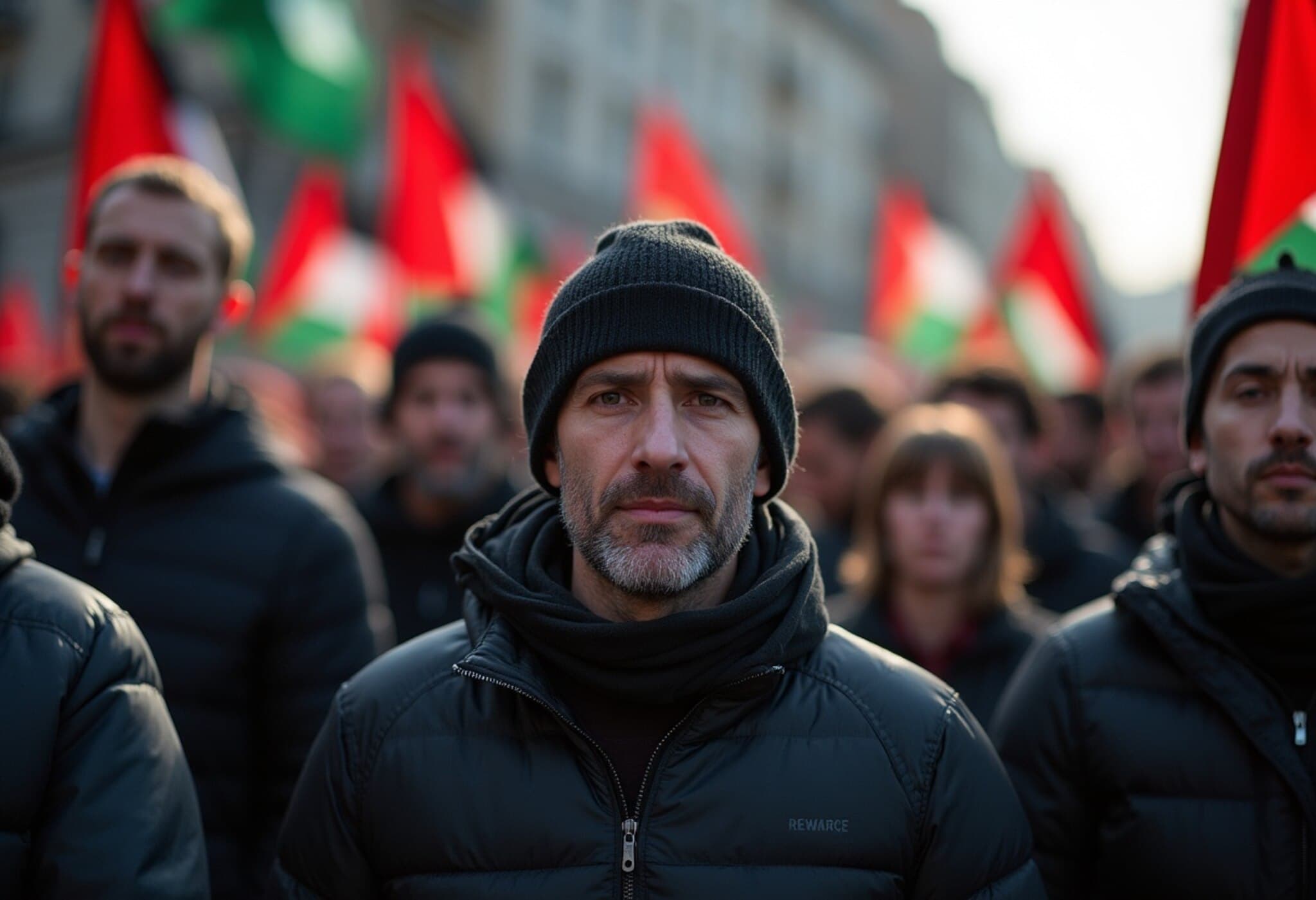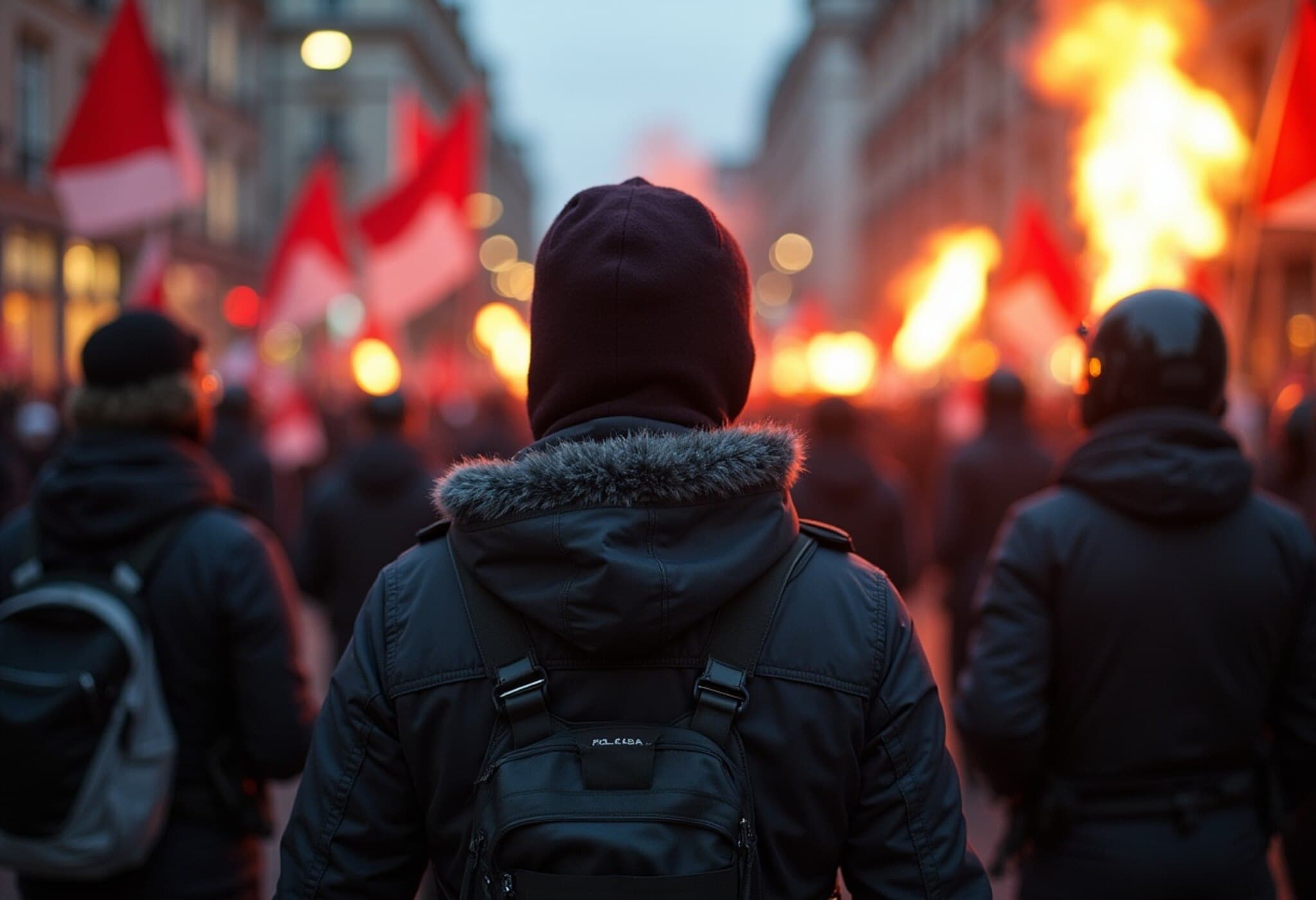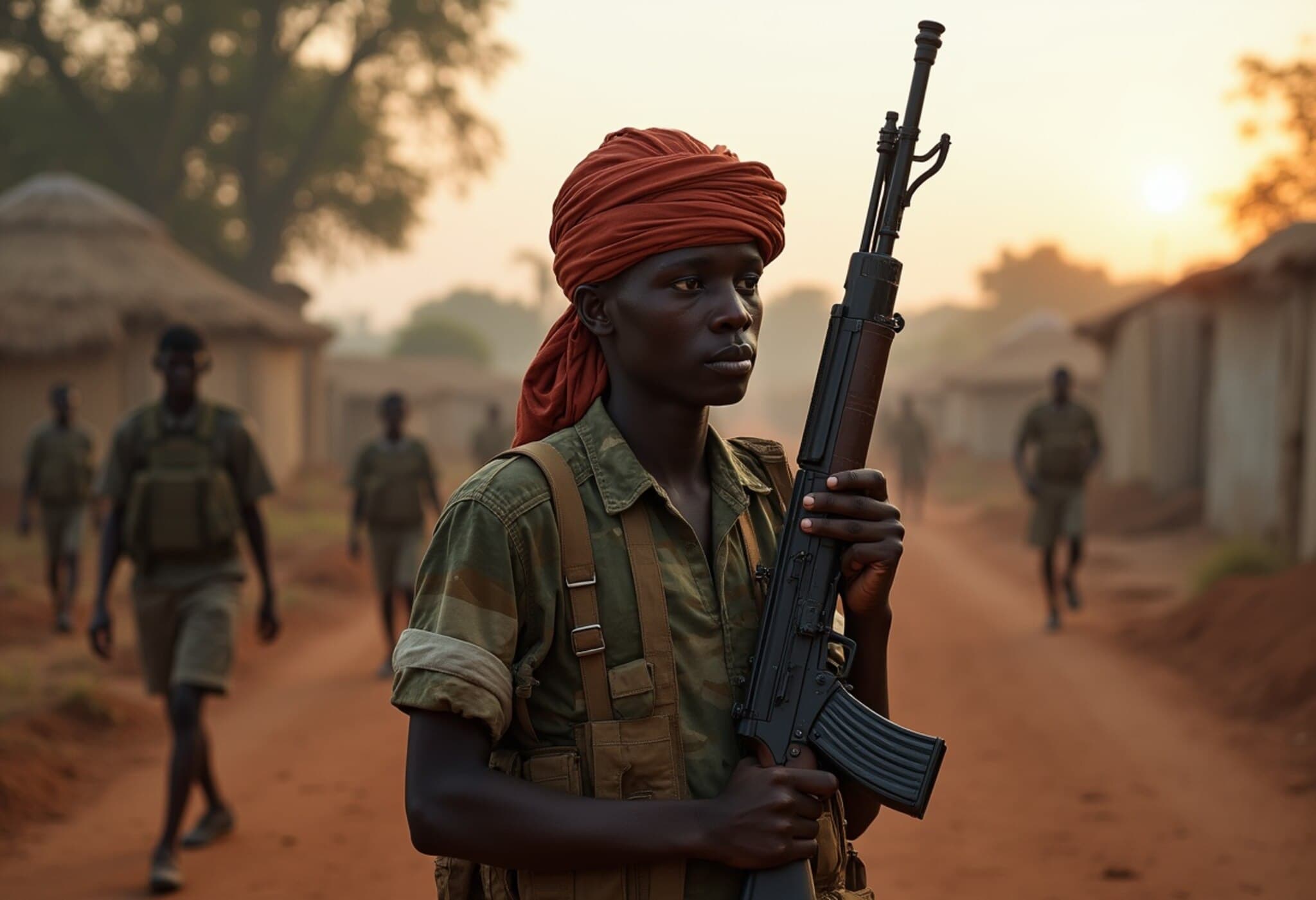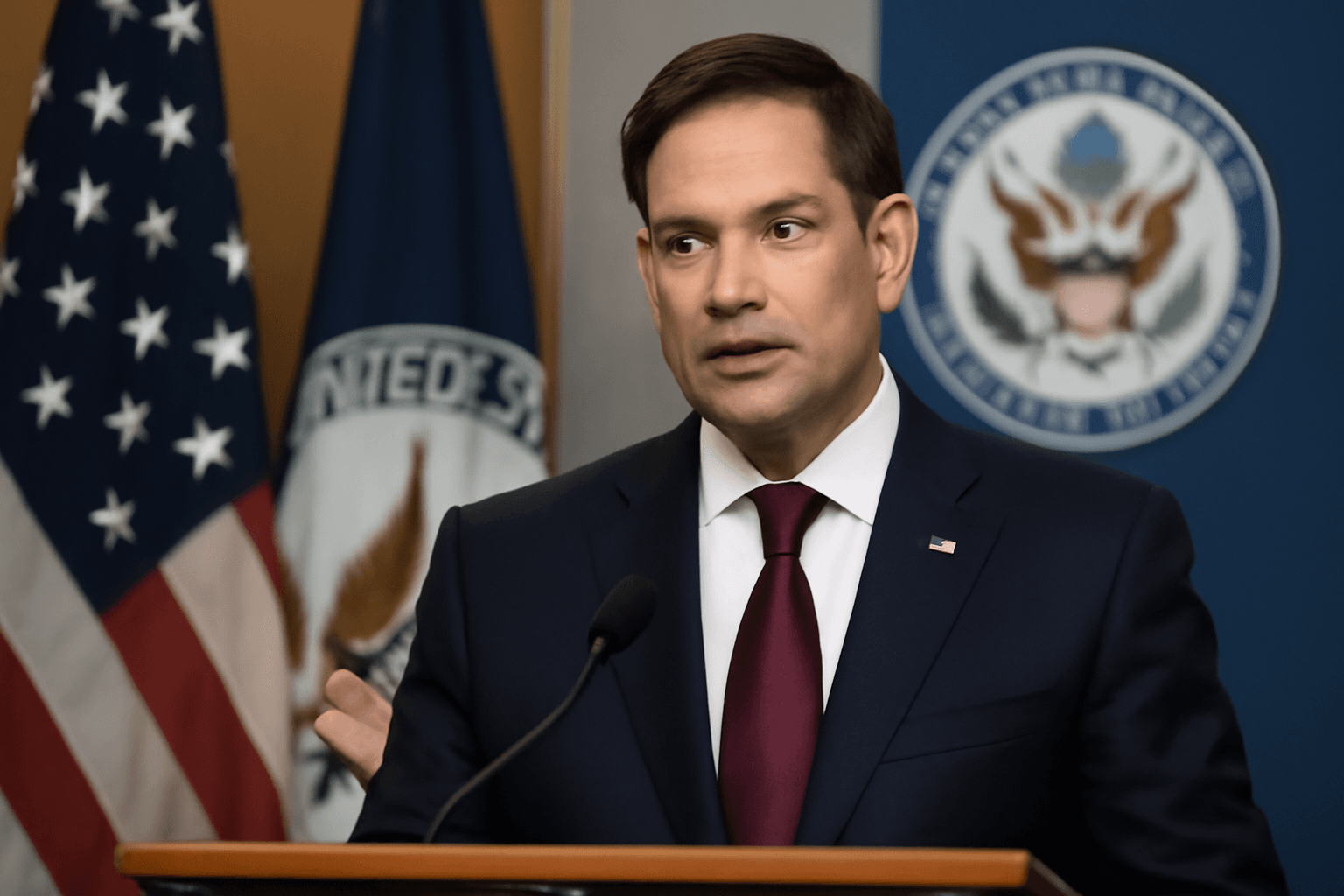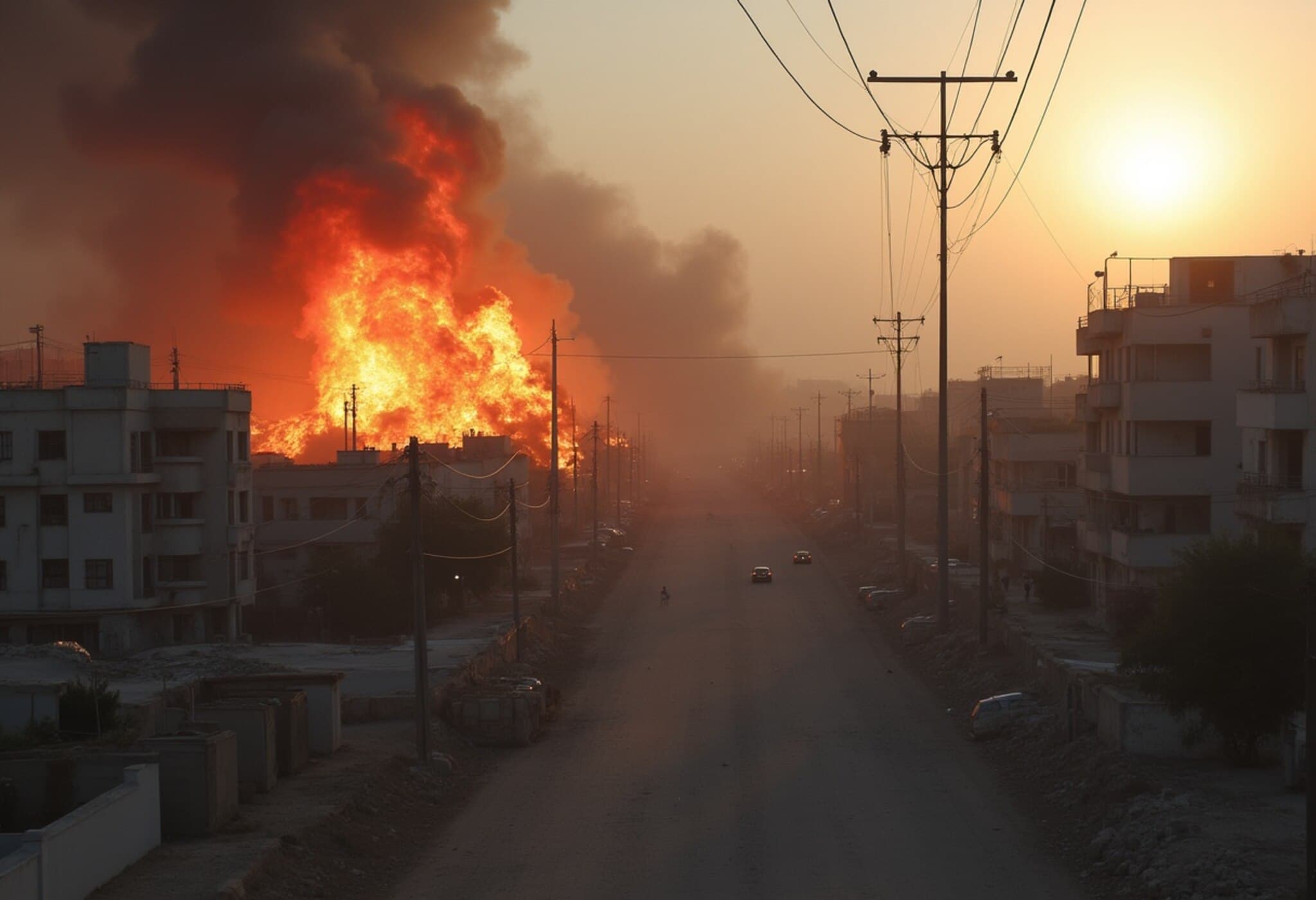Grave Human Rights Violations Surface Amid Renewed Conflict in Eastern Congo
In a harrowing development that casts a shadow over ongoing peace efforts in the Democratic Republic of Congo (DRC), prominent human rights organizations have exposed a disturbing pattern of atrocities attributed to the Rwanda-backed M23 rebel group and government-aligned Wazalendo militias. These allegations come amid terrible reports of mass killings, systematic ethnic cleansing, and widespread sexual violence in the volatile North Kivu province.
M23’s Ethnically Targeted Mass Killings
Human Rights Watch (HRW), in a detailed report released on August 20, 2025, revealed that the M23 has been responsible for summarily executing over 140 civilians, predominantly ethnic Hutus, across at least 14 villages and farming communities. These acts form part of a broader, ruthless campaign against the Democratic Forces for the Liberation of Rwanda (FDLR), an armed faction rooted in the aftermath of the 1994 Rwandan genocide.
The report frames these mass killings as some of the darkest moments in the ongoing conflict, raising urgent alarms about the potential for ethnic cleansing in the region. HRW's experts emphasize that such violence not only violates international humanitarian law but risks deepening ethnic divisions that have long plagued eastern Congo.
Context: The Fragile Ceasefire and UN Findings
These fresh allegations emerge weeks after the United Nations documented over 319 civilian deaths in July alone, attributing many to M23 forces and implicating Rwandan soldiers, whose presence has been a point of contention. Despite a ceasefire agreement forged in July between the Congolese government and M23, meant to halt hostilities that have uprooted millions, violence and abuses persist relentlessly.
Rwanda continues to deny direct military involvement, citing the FDLR’s operations as a justified security threat on its borders, complicating regional stability efforts.
Wazalendo Militias Also Accused of Grave Abuses
Amnesty International has independently corroborated widespread abuses, highlighting that atrocities are not confined to rebel factions. According to Amnesty’s interviews with over 50 survivors and witnesses— including 14 survivors of gang rape—both M23 and Wazalendo militias are culpable of war crimes such as rape, torture, and extrajudicial killings.
- Women and girls are systematically targeted, assaulted in homes, fields, and even displacement camps.
- Forced disappearances and abductions are reportedly frequent, indicating a climate of terror intended to destabilize communities and punish perceived opposition.
- The violence appears tactically aimed at uprooting ethnic communities and consolidating power in contested territories.
Amnesty’s regional director, Tigere Chagutah, poignantly underscored the brutal reality: "For the women of eastern DRC, nowhere is safe; they are raped in their homes, in the fields, or camps where they seek shelter. The world must say enough."
Calls for Renewed International Action
Both HRW and Amnesty International have urged decisive action from international actors. The UN Security Council is called upon to escalate pressure on combatants to cease abuses and respect human rights. Moreover, the United States, instrumental in negotiating the recent ceasefire, faces calls to ensure that implicated fighters and officials are removed from government forces and held accountable.
This cycle of violence highlights the complex interplay of ethnic tensions, resource competition, and external geopolitical interests underpinning the long-running conflict. Eastern Congo remains a dangerous flashpoint where humanitarian concerns and political agendas collide.
Expert Perspective: Overlooked Dimensions and Policy Challenges
While coverage often focuses on immediate violence, experts note that addressing underlying causes—including the role of mineral wealth fueling armed groups, cross-border security arrangements, and ethnic grievances—is essential. Without integrated regional dialogue and transparent governance mechanisms, ceasefire agreements risk being transient.
Furthermore, the alarming use of sexual violence as a weapon of war demands tailored judicial and psychosocial responses, with greater investment in survivor protection and community resilience.
Conclusion
The revelations of mass atrocities by M23 and Wazalendo militias serve as a stark reminder that peace remains fragile and that civilian populations in eastern DRC continue to pay the highest price. International stakeholders must adopt a holistic approach—combining humanitarian aid, legal accountability, and sustainable political solutions—to break the cycle of violence and ethnic hatred gripping the region.
Editor's Note:
As the world watches developments in eastern Congo, these reports challenge us to confront uncomfortable truths about ongoing ethnic conflict and international complicity. They compel urgent reflection on the effectiveness of global peace mechanisms and the ethical imperative to protect vulnerable communities. How can the international community better balance respect for sovereignty with urgent human rights interventions? The fate of millions hangs in the balance.

